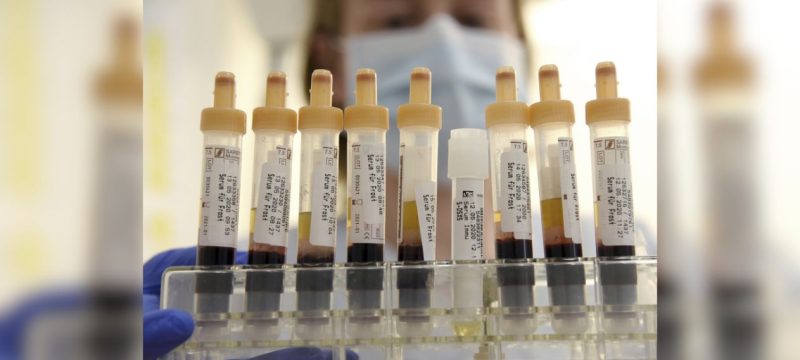In a groundbreaking medical discovery, scientists in France have identified a previously unknown and extremely rare blood group, now officially named “Gwada negative.” This remarkable finding is being hailed as a once-in-a-generation breakthrough that could significantly impact the future of blood transfusion medicine.
The blood group was officially recognized by the International Society of Blood Transfusion (ISBT), making it the 48th known blood group system.
Read more: 796 Bodies Discovered in Septic Tank at Former Mother and Baby Home Run by Nuns
Experts believe this discovery may lead to the identification of even more undiscovered blood types, expanding our understanding of human genetics and transfusion science.
The discovery came when doctors encountered an unidentified antibody in the blood of a French woman that could not be classified using existing medical knowledge or standard blood typing methods. It wasn’t until 2019—using advanced DNA sequencing—that researchers detected a previously unknown genetic mutation responsible for the rare blood group.
The woman carries this mutation from both parents, making it an incredibly rare recessive genetic trait. Due to this unique genetic profile, she can only safely receive blood from someone with the exact same blood group—essentially only herself—making her case medically exceptional.
Scientists emphasized that this blood group is not just rare, but completely unique, signaling a new chapter in the field of immunohematology.
The name “Gwada negative” pays tribute to the woman’s roots, with “Gwada” being a colloquial name for Guadeloupe, a Caribbean island where her family originates.
Researchers are now working to identify others who may carry this rare gene mutation, with the goal of improving treatment and transfusion compatibility for individuals with hard-to-match or rare blood types. This discovery underscores the critical role of genetics in personalized medical care and the importance of continued exploration into human blood diversity.









